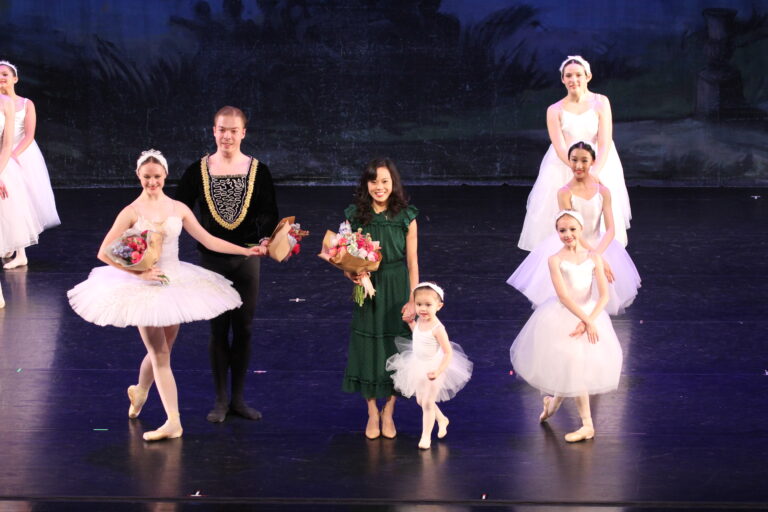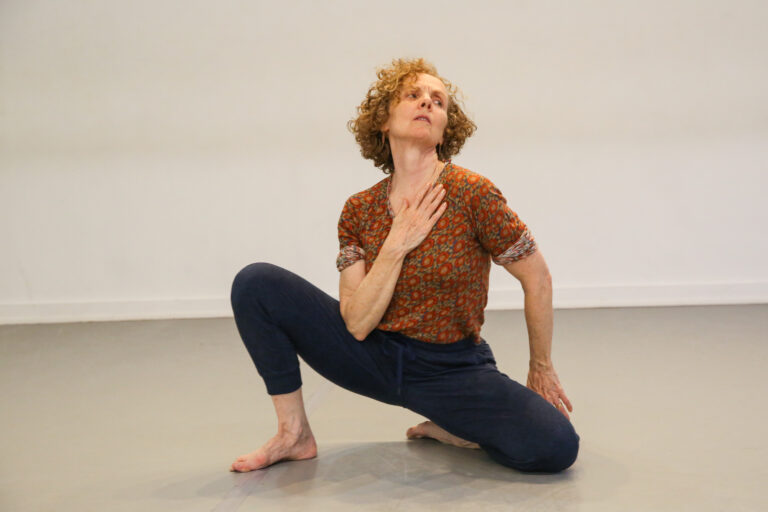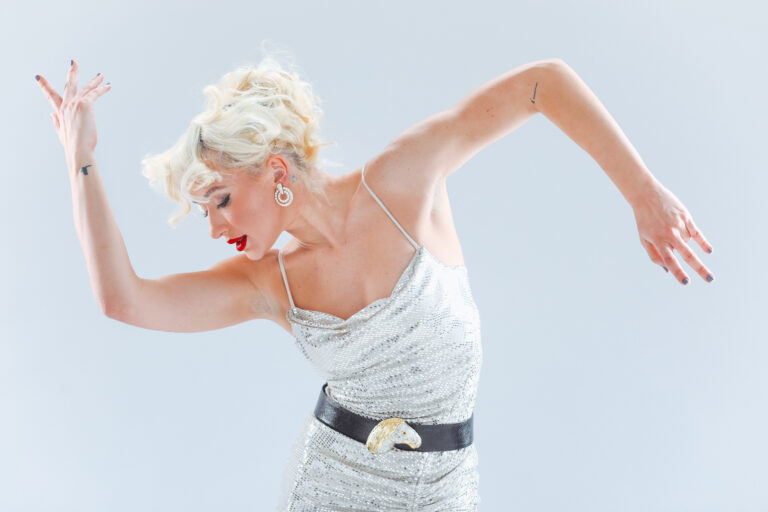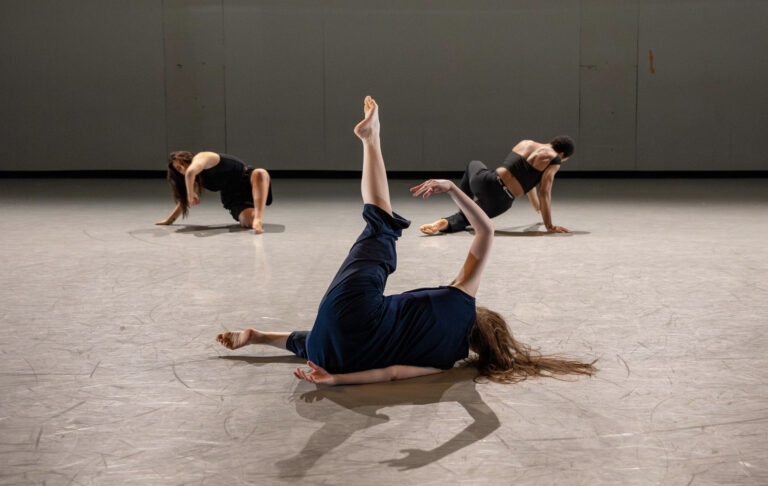
“What are you doing here?,” I thought as I sat in the green room listening to my colleagues on the judging panel. They spoke of their professional performing experiences and international travels while I could only interject with a funny story involving my 4-year-old or my dance students back home.
I have no performing credits to my name to speak of, only a dance degree and teaching experience. I began judging dance competitions because I thought it would make me a better teacher. It has: I now view my students’ performance in the studio with a more analytical eye and have learned new ways of providing them with feedback. Internally, though, I doubt my abilities as a judge. I have been called several times to judge events that I wasn’t scheduled for, and I have been told that they value my critiques, especially my ear for tap. I must be doing something right, but the little devil in my ear whispers that I only got the gigs because they were desperate for a substitute.

The imposter phenomenon is not a new concept: It was first identified in 1978 and shown to be prevalent among high-achieving women. We have a hard time accepting our own accomplishments as valid and fear being “found out” as frauds. It is difficult for me to stand confidently on my own merit and, as a result, I spend a great deal of time looking for ways of making myself appear more qualified.
For me, it wasn’t always this way: I started out my freshman year of college at Oklahoma City University with more confidence than I have ever had since. I had just been accepted into a prestigious dance program, I was physically fit, and I was willing to put in the effort toward achieving my goals. However, over the course of my time at the university, my confidence was squashed at every turn—from not “making weight” (yes, back then dance majors had to meet a goal weight) to never getting past Ballet 2 (of eight levels), though I excelled at jazz and tap. I want to be clear that OCU is not to blame for my sense of self-doubt, but these are the facts that play like a broken record in my mind.
For nearly 10 years now, I have taught dance full-time for a public school system. Those who have taught can attest that no one on earth is more critical than a student. Still, it is my own voice that intensifies the feelings of self-doubt. The daily narrative that runs in my mind is something like this: Who do you think you are? You are too fat to be a dance teacher. You’ve never even taken a dance pedagogy course. You probably only got this job because your brother-in-law is on the Board of Education.
Then there was the time that a music teacher at my school made the comment “It’s just dance” in a meeting with school leadership. In other words, he was saying: “Why are we wasting time teaching the children dance? Why are we investing our resources in this teacher?”
These memories bring back the sting of rejection and feed into this ugly syndrome. I’ve found a balm to ease the sting: It’s a difficult process, but sometimes I can manage to alter my thought patterns with little happy moments. The “This is why I do this” moments, like the time an epileptic student’s mother sobbed and hugged me, telling me how grateful she was that I was in her daughter’s life. Or the time a former student wrote to me about how she had contemplated suicide, but hearing me vocalize my belief in her stopped the downward spiral.
My experiences lead me to this: We have to remember to uplift each other as dance educators. We don’t all have students that will express their gratitude for the impact we make on their lives, but we can help each other to feel comfortable in our own flawed human skins. When it is appropriate to criticize, let us do it gently and with the knowledge that we never know what someone else is going through. We are not frauds: We are the real deal.




